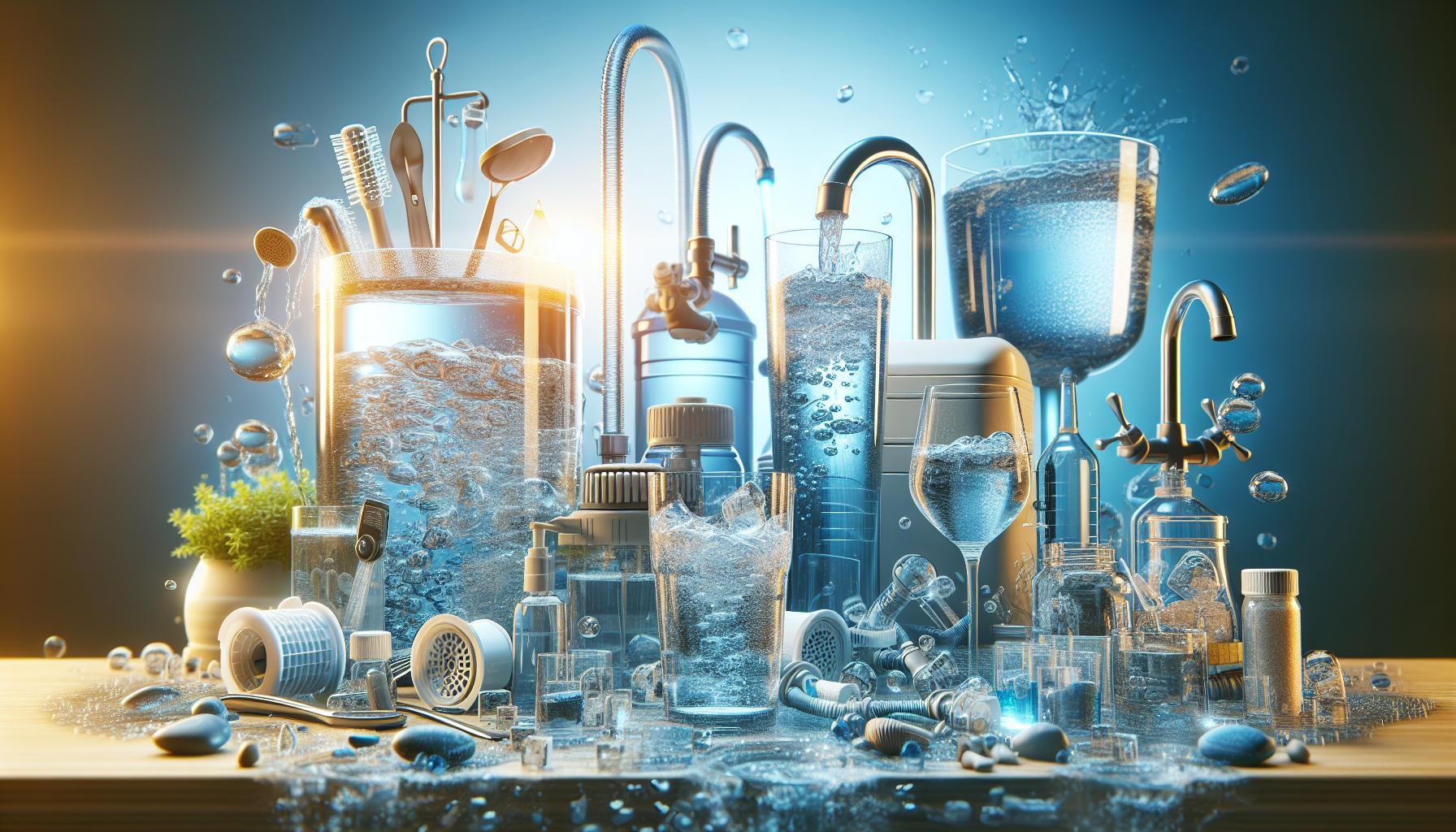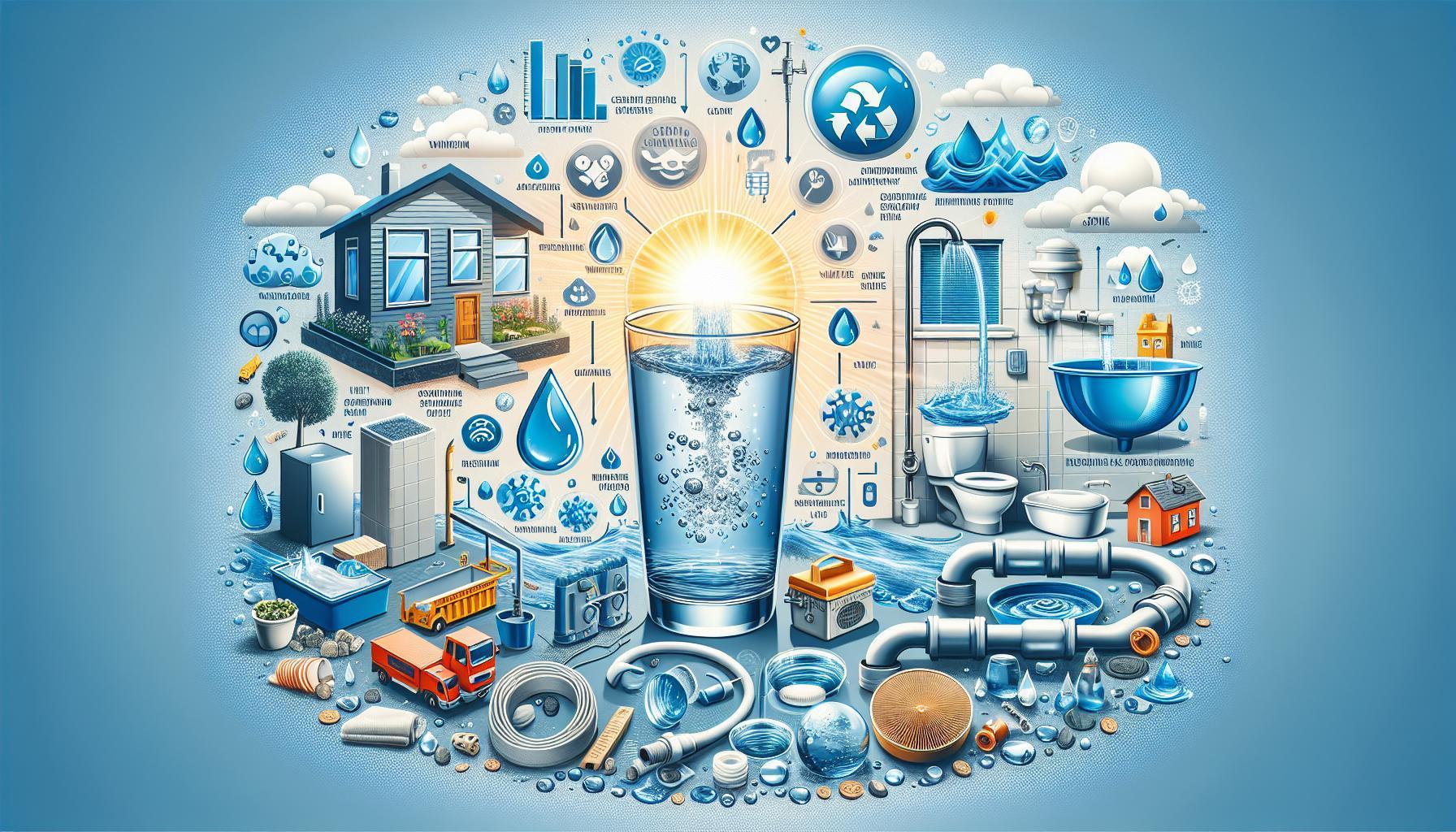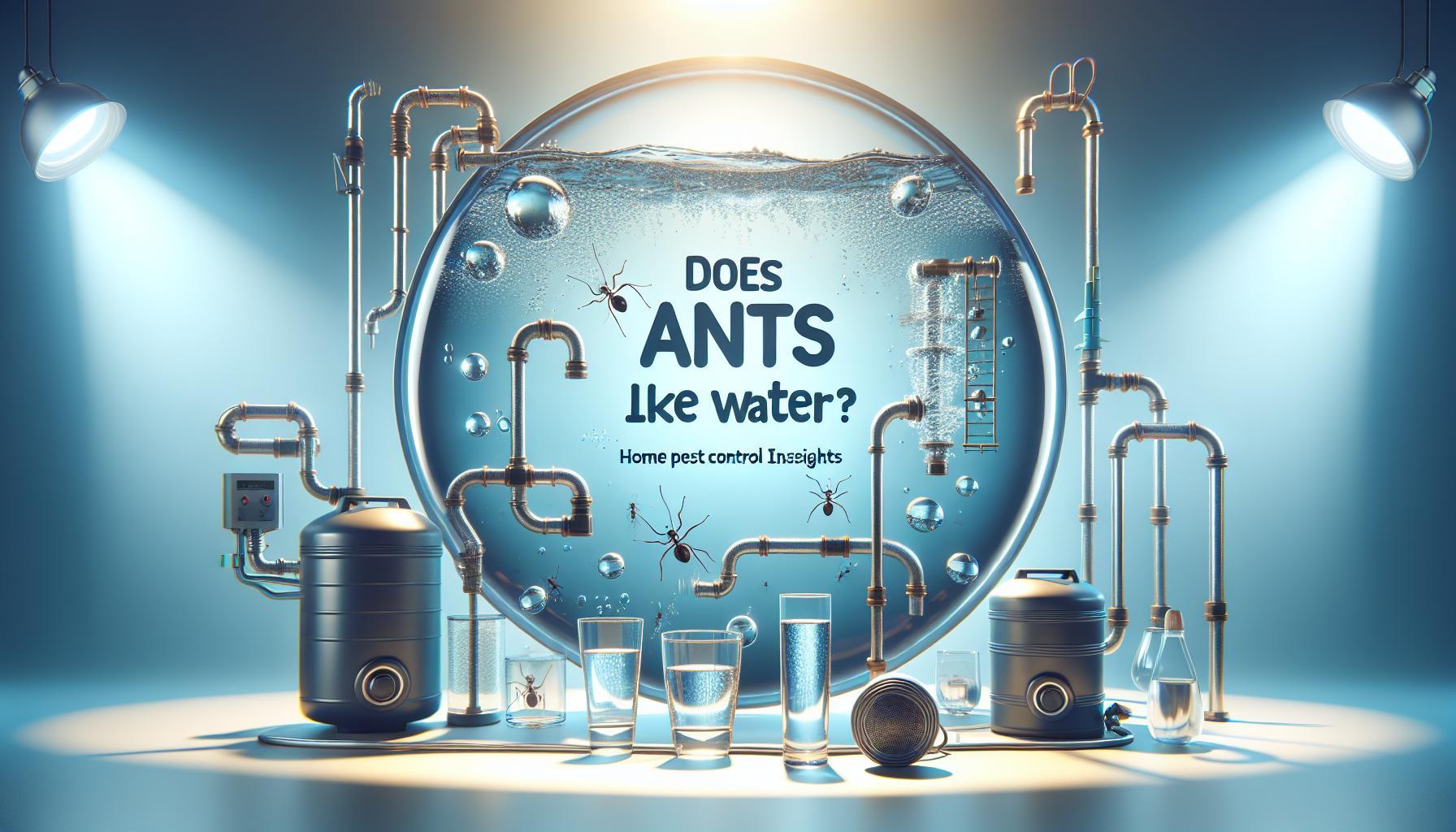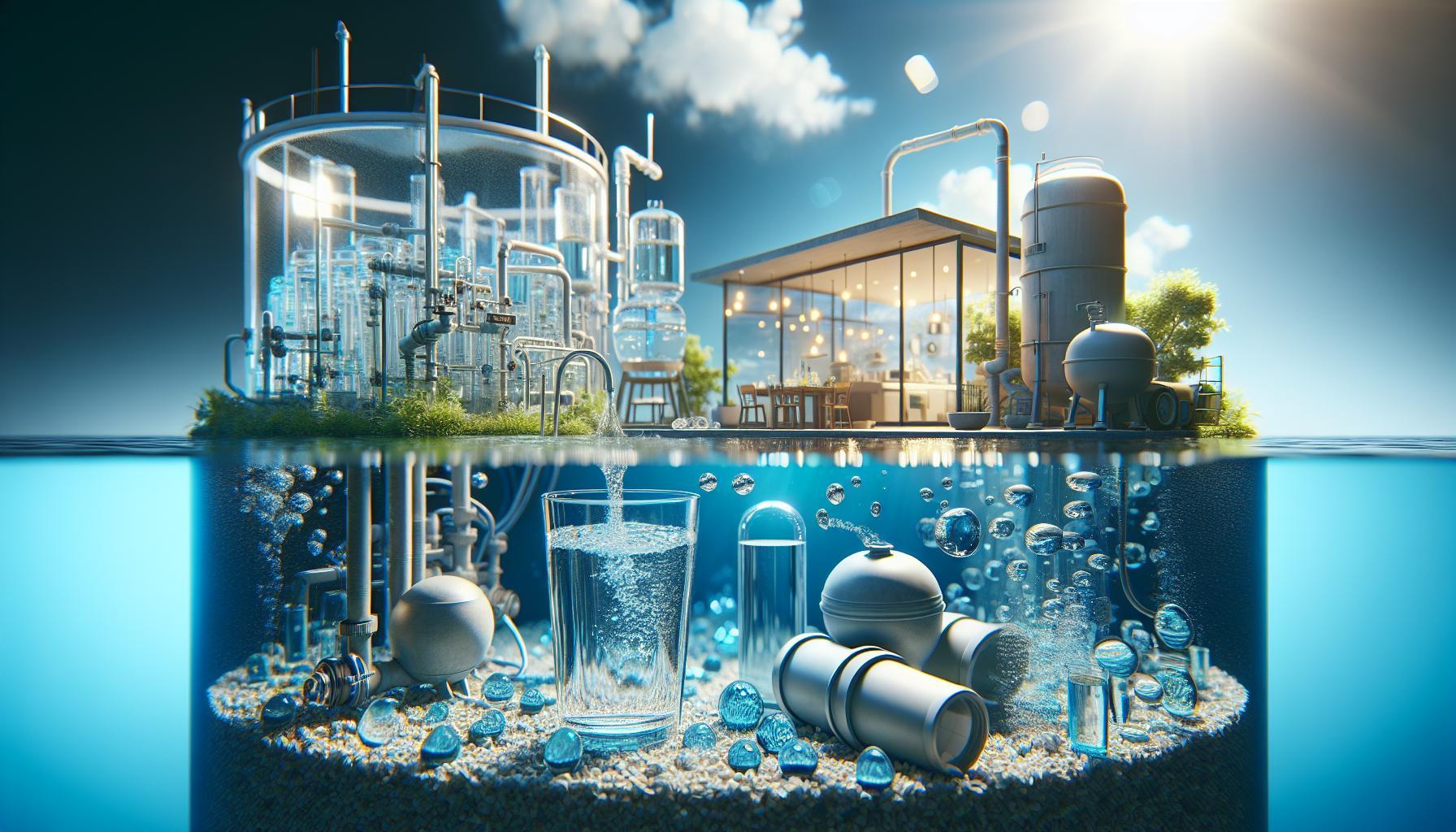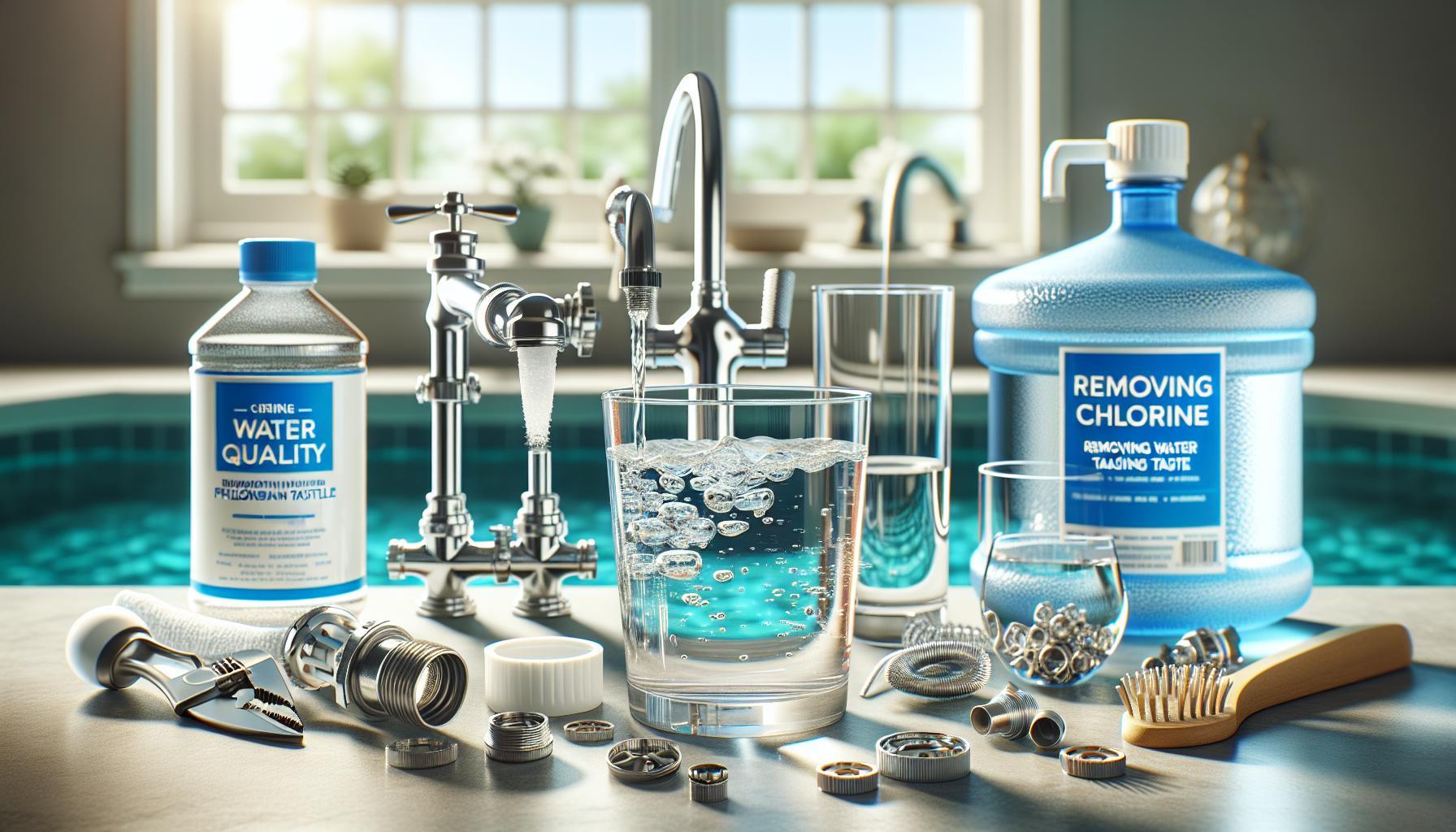As a cat owner, you might wonder if alkaline water is a healthy hydration option for your feline friend. While alkaline water is often touted for its health benefits, it may disrupt your cat’s natural digestion and lead to health issues. Understanding proper hydration is crucial for your cat’s well-being, so let’s explore whether alkaline water is safe for them.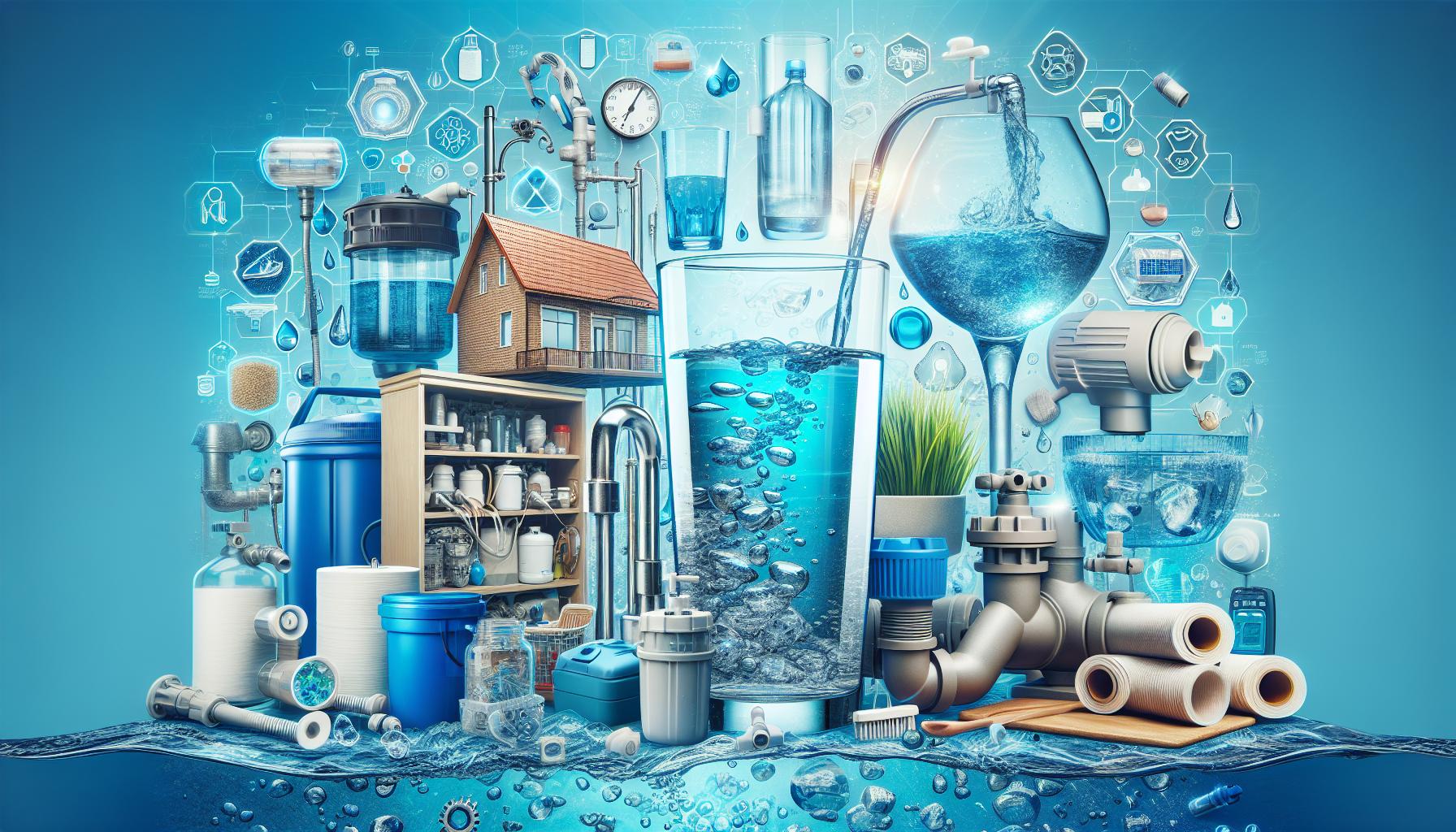
Understanding Alkaline Water: What It Is and How It Differs
Understanding alkaline water is essential for every cat owner, especially when considering the dietary needs of your feline companion. Alkaline water is defined by its pH level, usually above 7.0, indicating it is less acidic than regular water. This higher pH is achieved through various methods such as ionization, mineral addition, or chemical alteration. While many people drink alkaline water believing it offers health benefits, the same principles apply when contemplating its use for cats.
How Alkaline Water Differs from Regular Water
Normal drinking water typically has a pH level ranging between 6.0 and 7.0, which aligns with the optimal hydration needs for most cats. In contrast, alkaline water can range significantly higher, often between 8.0 and 9.5. This difference in pH can impact the cat’s digestive system, which is naturally adapted to a more acidic environment. Here are some potential implications of introducing alkaline water into your cat’s diet:
- Digestive Health: High pH levels may interfere with your cat’s normal digestion, leading to possible gastrointestinal issues like vomiting or diarrhea.
- Hydration Preferences: Cats have evolved to prefer water sources that mimic their natural environment, typically more neutral waters. Altering this preference can sometimes lead to hydration issues.
- Individual Variability: Each cat is unique; while some may tolerate small amounts of alkaline water, others may react negatively. It’s crucial to observe any changes in behavior or health.
Incorporating alkaline water might seem beneficial, but it is essential to proceed cautiously. For the most part, cats do not require alkaline water, and regular clean water is best suited for their hydration needs. If you choose to introduce alkaline water, consider starting with a minimal amount mixed with their usual water to gauge their reaction before making any significant changes. Always consult with your veterinarian to ensure that you are making the best choices for your pet’s health and well-being.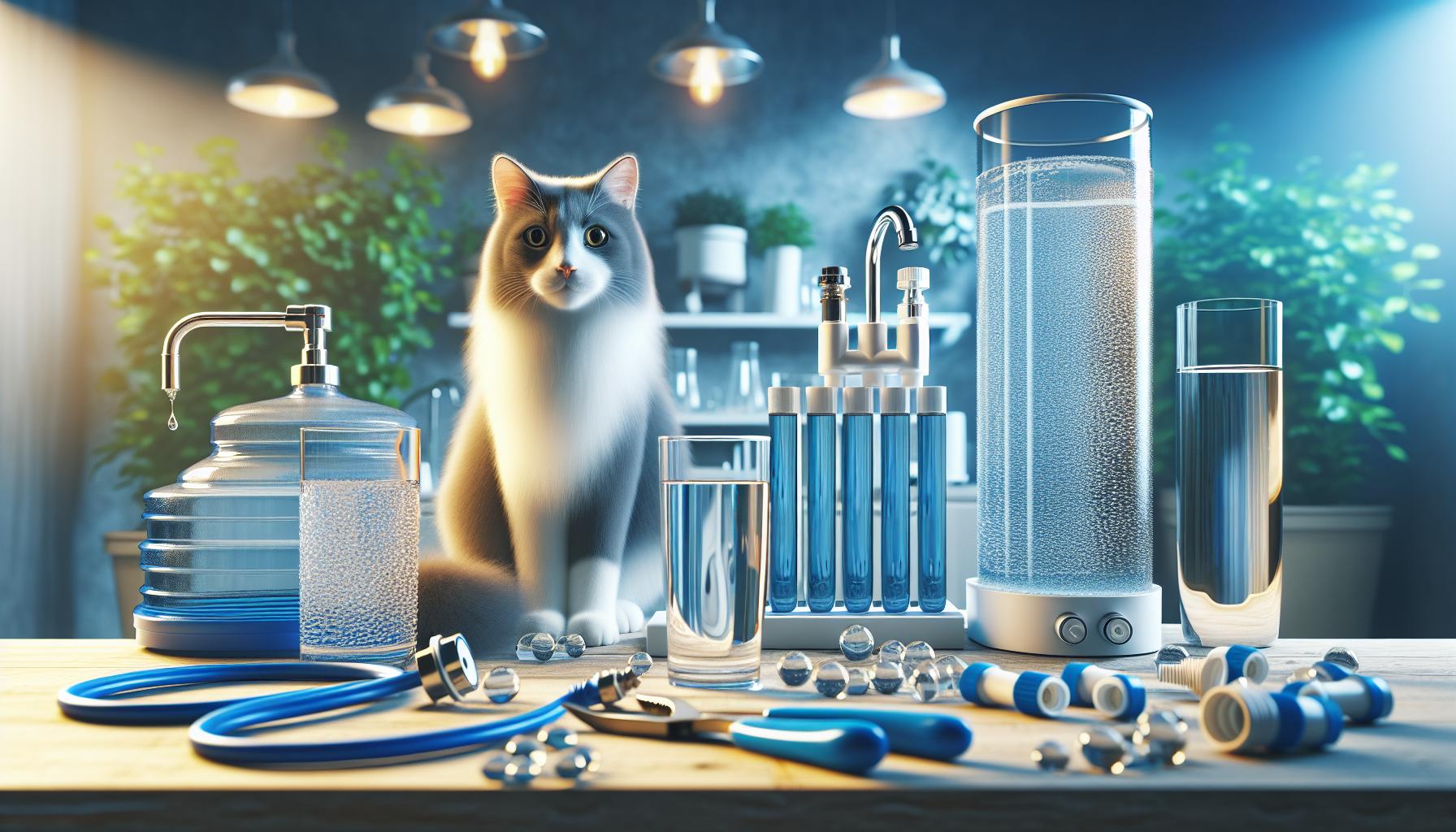
The Benefits and Risks of Alkaline Water for Cats
Many cat owners wonder about the impact of dietary choices on their feline companions, especially when it comes to hydration. The question of whether cats can drink alkaline water often arises, along with concerns about its potential benefits and risks. Understanding the complexities of alkaline water is crucial for ensuring your pet’s well-being and preventing any adverse effects.
The Benefits of Alkaline Water
Alkaline water has a higher pH level than regular tap water, which some believe can offer various health advantages. Proponents often cite improved hydration as a significant benefit, suggesting that alkaline water could help balance the body’s pH levels. Some potential positive effects include:
- Hydration: Some cats may find alkaline water more palatable, encouraging them to drink more, which is beneficial for kidney health.
- Electrolyte Balance: The mineral content in alkaline water, such as calcium and magnesium, may contribute to maintaining a healthy electrolyte balance.
However, these benefits are not universally established and may vary depending on the individual cat. Therefore, it’s essential to consider your cat’s specific health needs before introducing alkaline water into their diet.
The Risks of Alkaline Water
While there are some perceived benefits, it is equally important to be aware of the risks associated with alkaline water for cats. High pH levels can interfere with a cat’s digestive processes. For example:
- Digestive Issues: Alkaline water can neutralize stomach acids, which are vital for proper digestion. This could lead to gastrointestinal upset and decreased nutrient absorption.
- Excess Calcium: Cats, especially if nursing or with specific health concerns, may suffer from increased calcium levels from excessive consumption of alkaline water, potentially leading to hypercalcemia and related health issues like vomiting and loss of appetite.
In addition, cats are naturally adapted to a diet that typically leans toward a more acidic environment. A sudden shift in hydration type could lead to unwanted health complications. It is always advisable to consult with a veterinarian before making any significant changes to your cat’s diet, including the introduction of alkaline water.
In summary, while some cat owners may explore alkaline water for their pets based on the belief of enhanced hydration and health benefits, understanding the balance of its potential advantages and risks is crucial. Monitoring your cat’s reaction to any new water source will help ensure their overall health and prevent issues that can arise from dietary changes.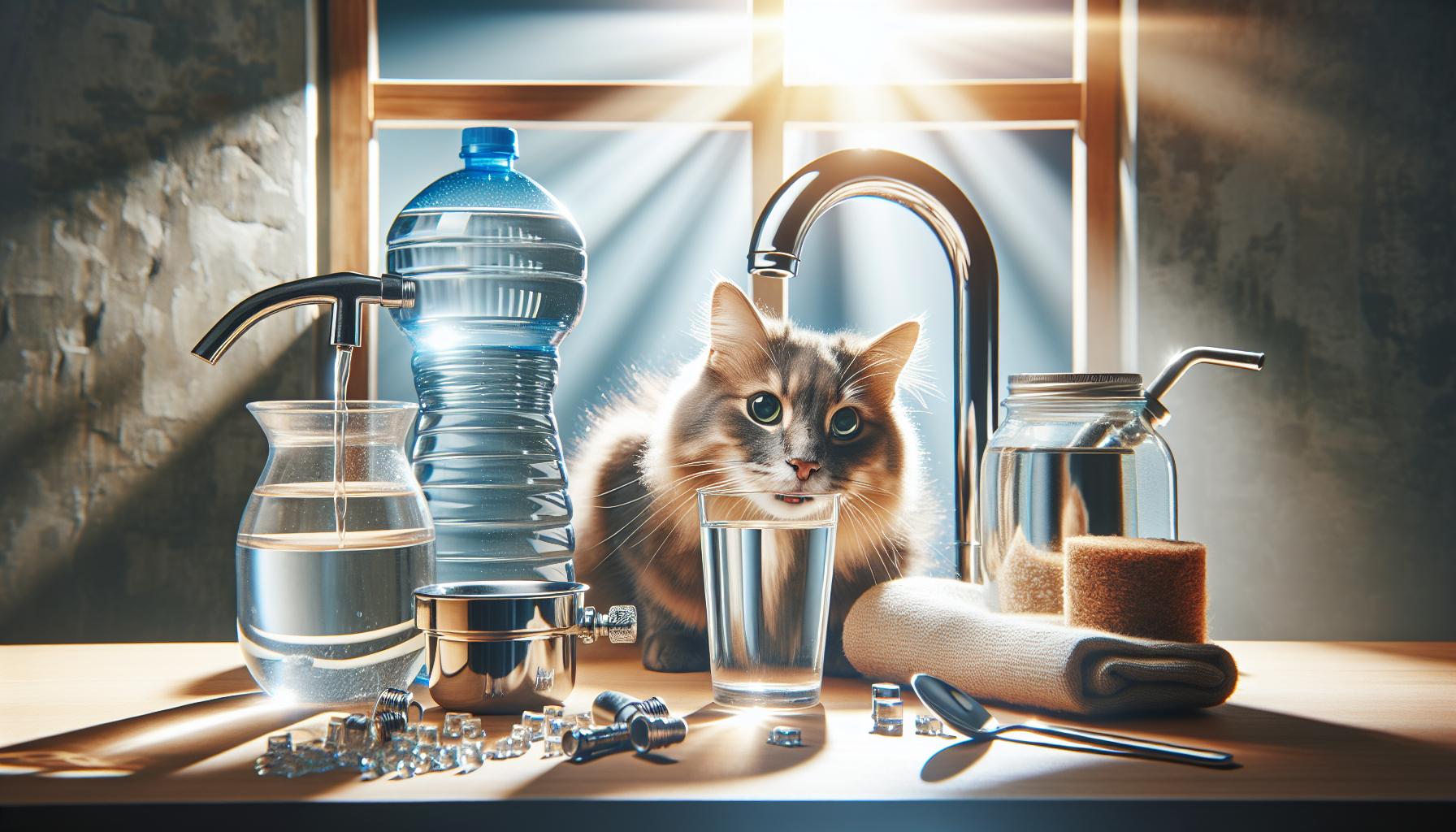
Key Nutritional Needs: How Water Quality Affects Your Cat’s Health
Cats are highly sensitive to their hydration sources, and the quality of water they consume can significantly impact their overall health. Given that a cat’s body comprises about 60% water, the importance of clean and safe drinking water cannot be overstated. Many pet owners may wonder about the implications of different water types, including alkaline water, on their feline friends. Understanding how water quality affects your cat’s health is essential for promoting longevity and preventing potential health issues.
When considering water options, it’s important to note that not all water is created equal. Tap water, for instance, might contain various chemicals like chlorine or fluoride, which can pose risks to cats over time. While many municipal water supplies are safe for human consumption, the same cannot always be said for pets. Alkaline water, with its higher pH level, has gained popularity among health enthusiasts. However, its effects on cats are still a topic of debate among veterinarians and pet health experts. Some argue that alkaline water could help in maintaining optimal body pH levels, while others caution that the unique digestive systems of cats might not require such specialized water.
To ensure your cat stays healthy and hydrated, consider the following tips regarding water quality:
- Regular Water Changes: Change your cat’s water daily to prevent bacterial growth.
- Use Clean Containers: Always use clean bowls that are washed regularly to avoid contamination.
- Monitor Water Source: If you’re using well water, ensure it is tested for harmful contaminants.
- Consult Your Veterinarian: Always seek professional advice regarding dietary requirements, including hydration.
In addition to providing fresh water, pay attention to your cat’s hydration habits. Cats can be notoriously finicky about water, sometimes preferring running water sources. Consider investing in a pet water fountain to encourage your cat to drink more, potentially aiding in urinary health and preventing issues such as crystallization in the urinary tract. Ultimately, ensuring your cat has access to high-quality water aligns directly with their key nutritional needs, making it a fundamental aspect of every cat owner’s responsibilities.
To sum up, the question, “Can cats drink alkaline water?” lingers amid a myriad of opinions. As a cat owner, it’s crucial to research and consider your specific pet’s needs while always prioritizing fresh, clean, and safe water sources for optimal health and well-being.
Signs Your Cat Might Be Drinking Enough Water
Understanding how much water your cat drinks is crucial for their health and well-being. Cats can be notoriously picky drinkers, making it essential for pet owners to monitor their hydration habits closely. A well-hydrated cat is less likely to experience urinary tract issues or kidney problems, both of which are common in felines. Here are some signs that indicate your cat might be drinking enough water, which can help alleviate concerns about their hydration, especially if you are considering alternatives like alkaline water.
Signs of Adequate Hydration
A well-hydrated cat will show several physical characteristics and behaviors that reflect their healthy water intake. Look for the following indicators:
- Urine Clarity: Healthy cats typically produce clear or light-yellow urine. If your cat’s urine is dark or concentrated, it could be a sign of dehydration.
- Skin Elasticity: Gently pinch the skin on the back of your cat’s neck and release it. If the skin snaps back quickly, your cat is likely well-hydrated; slow return may indicate dehydration.
- Regular Bathroom Breaks: Frequent urination (several times a day) suggests proper hydration. A decrease in potty frequency might signal inadequate fluid intake.
- Overall Energy Levels: Cats that consume enough water tend to have active and playful behaviors. If your cat is lethargic or listless, inadequate hydration may be a factor.
Additionally, it’s important to note how often your cat drinks. Regular access to fresh water, whether it’s from a bowl or a fountain, encourages more frequent drinking, which can help maintain hydration levels. If you are considering methods like offering alkaline water, keep in mind both the benefits and potential risks, as extreme changes in pH can affect your cat’s digestion and overall health [[1]](https://articles.hepper.com/can-cats-drink-alkaline-water/) [[3]](https://canmycateatthat.com/can-cats-drink-alkaline-water-veterinarian/).
By being vigilant about these signs, you can better ensure that your cat stays well-hydrated, reducing the risk of health issues. Proper hydration not only supports your cat’s bodily functions but also contributes to a happier and more active lifestyle, allowing them to thrive as part of your family.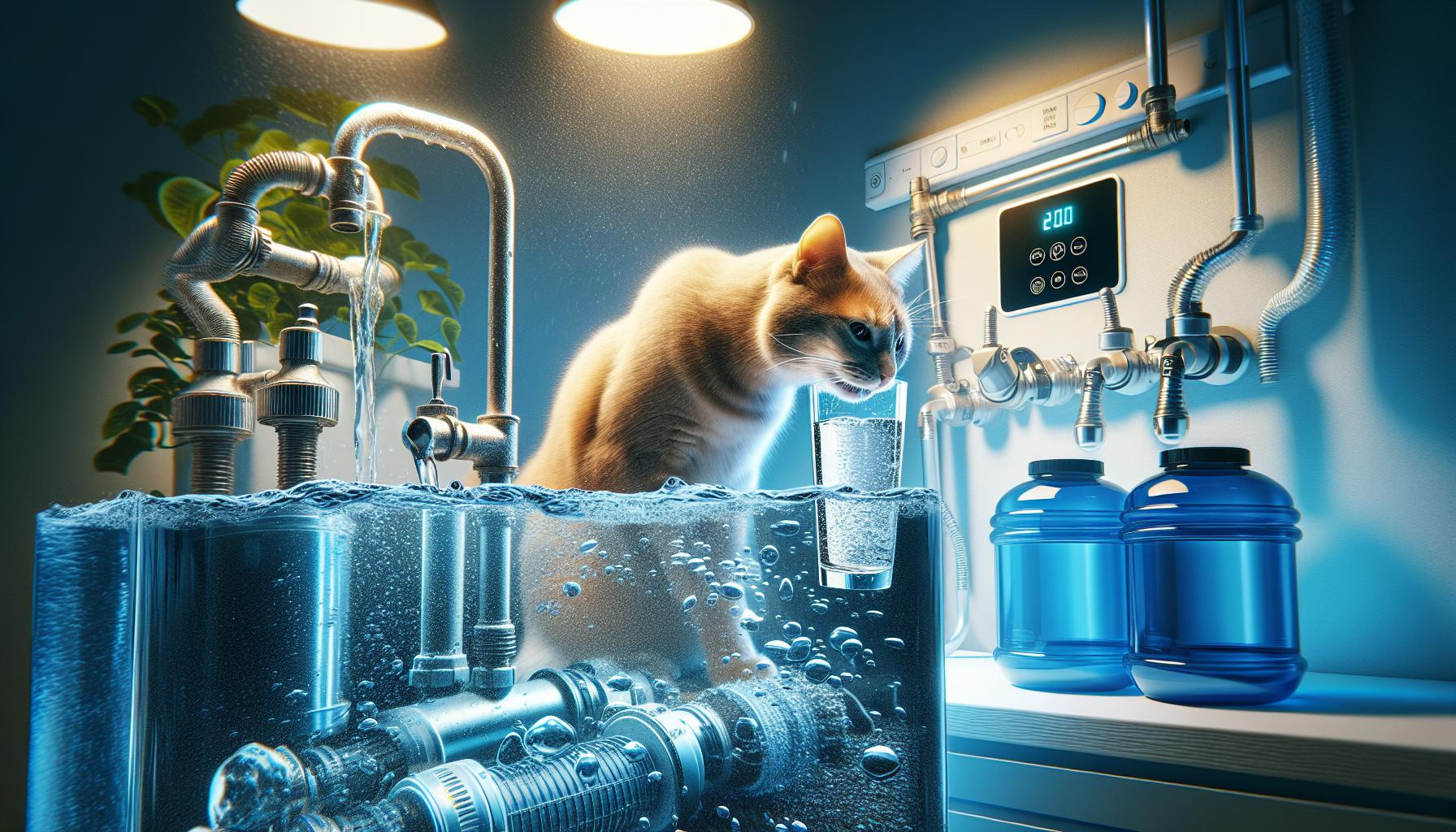
Transitioning Your Cat to Alkaline Water: Tips and Best Practices
Transitioning your feline friend to different types of water can often be a daunting task. Alkaline water, while often touted for its health benefits in humans, requires careful consideration for cats. It’s essential to remember that cats have specific pH requirements, typically ranging between 6.0 to 7.0. Thus, before introducing alkaline water into your cat’s hydration routine, understanding both their individual health needs and the potential impacts of pH levels is crucial.
Understanding Your Cat’s Needs
Before making any transition, assess your cat’s health status. If your cat is generally healthy and exhibits no digestive issues, you may cautiously introduce alkaline water. However, it’s advisable to start with small amounts and monitor your cat’s response. This might include observing any changes in behavior, litter box habits, or digestion. If your cat seems uncomfortable, it’s best to revert to their familiar water source.
Gradual Introduction
Make the transition gentle to minimize any shock to your cat’s system. Consider the following tips:
- Mixing Water Types: Start by mixing a small amount of alkaline water with their usual water. Gradually increase the alkaline water proportion over several days or weeks.
- Hydration Stations: Ensure multiple water stations around your home, using both alkaline and regular water. This allows your cat to choose what they prefer while adapting to the new type.
- Regular Observation: Watch your cat closely. If they show signs of discomfort (e.g., sensitivity after eating or a decrease in water intake), reassess the transition.
Monitoring pH Balance
It might be beneficial to adopt an at-home pH measurement method to ensure the water your cat consumes remains within the safe range. Here’s a quick reference for monitoring pH levels:
| Water Type | Recommended pH Level | Effects on Cats |
|---|---|---|
| Regular Water | 6.0 – 7.0 | Optimal for hydration, maintains well-being |
| Alkaline Water | Above 7.0 | Potential digestive disruption, should be monitored |
In summary, while incorporating alkaline water into your cat’s diet can be explored, it’s crucial to do so cautiously. Remember, the goal is to maintain your cat’s health and comfort. Monitoring your cat’s reaction and being responsive to their needs is essential for a smooth transition.
Consulting Your Veterinarian: When to Seek Professional Advice
When it comes to ensuring the well-being of your feline friend, understanding when to consult a veterinarian is crucial. Many cat owners may wonder about the safety of various substances, such as alkaline water, and while opinions may vary, any significant dietary changes or health concerns should be addressed with a professional. Regular veterinary check-ups are essential, especially if you are considering altering your cat’s hydration practices or diet.
It’s important to be observant of your cat’s behavior and any changes in their health. If you notice symptoms like excessive vomiting, changes in appetite, lethargy, or unusual drinking habits after introducing alkaline water, these could be signals that something isn’t right. Always err on the side of caution; consulting your veterinarian can provide clarity and prevent potential health issues from escalating. Keep in mind that cats can be particularly sensitive to dietary changes, and what works for one pet may not be suitable for another.
Here are some specific scenarios where reaching out to your veterinarian is advisable:
- If your cat exhibits digestive disturbances after consuming alkaline water.
- When significant changes in behavior occur, such as decreased activity or unusual hiding.
- If you suspect your cat may have a urinary tract issue, which can be exacerbated by changes in fluid intake.
- Any signs of dehydration, which could manifest as dry gums or skin tenting.
Consulting with your veterinarian not only aids in addressing immediate health concerns but also helps tailor preventative care based on your cat’s unique needs. Always ensure your vet is informed about any alternative hydration methods you are considering, including the use of alkaline water. This provides them with complete information to give the best possible advice for your cat’s health.
Common Myths About Cats and Water: Debunking Misconceptions
One of the most persistent myths surrounding felines is the notion that all cats inherently dislike water. This generalization overlooks the diverse personalities and preferences within the species. While many cats may seem averse to water due to their instinctual traits, the truth is more nuanced. In reality, some cats actually enjoy engaging with water, whether it’s playing with droplets from a faucet or splashing in shallow pools. This is especially true for certain breeds, such as the Maine Coon and the Turkish Van, which exhibit behaviors indicating a fondness for water [[3]](https://www.petmd.com/cat/general-health/why-do-some-cats-hate-water).
Understanding the reasons behind this aversion can aid cat owners in catering to their pets’ needs. Cats may dislike water because their fur is not designed for prolonged wetness, which can lead to discomfort. Moreover, they have an instinctive preference for moving water, which can be perceived as cleaner and more appealing. Thus, providing a cat with a fresh source of moving water, such as a fountain, may not only encourage hydration but also help debunk the myth that cats universally hate water [[1]](https://enviroliteracy.org/do-cats-actually-hate-water/).
Another common misconception is that all cats will avoid alkaline water simply because it is different from what they are accustomed to. It’s essential for cat owners to recognize that hydration preferences can vary widely among individual cats. While some may be more hesitant to try new water types, offering alkaline water gradually may improve acceptance. Pet owners can also consider flavoring the water slightly or mixing it with their cat’s usual drinking water to encourage consumption [[2]](https://upgradeyourcat.com/common-cat-myths-debunked).
In an effort to break down barriers and myths, it’s vital to actively observe your cat’s reactions to various types of water and engage with them during these experiences. Being aware of their unique preferences not only helps in ensuring they stay hydrated but also nurtures a bond of understanding and care. Ultimately, debunking myths about cats and their interaction with water emphasizes the importance of tailored approaches in feline care and wellness.
Q&A
Can Cats Drink Alkaline Water? What Every Cat Owner Should Know?
Short answer: No, cats should not drink alkaline water as it can disrupt their natural digestive processes.
Alkaline water has a higher pH than normal drinking water, which can interfere with a cat’s natural digestive acids. Since cats typically thrive on water with a pH close to 6.3, providing them with alkaline water may complicate their digestion and overall health.
What is the ideal water pH level for cats?
The ideal pH level is around 6.3.
Cats generally require water that falls within the normal pH range. A pH of 6.3 ensures proper hydration without disrupting their bodily functions. This pH supports their natural biological processes and helps prevent digestive issues.
Why is alkaline water potentially harmful to cats?
Alkaline water may disrupt a cat’s natural pH balance.
Cats depend on a finely tuned acidic environment in their stomachs for digestion. Introducing alkaline water can raise the pH, leading to difficulties in breaking down food, which can result in digestive upset.
Can I substitute alkaline water for regular water for my cat?
No, regular water is recommended over alkaline water.
Using ordinary, clean water is crucial for maintaining your cat’s health. Alkaline water does not provide any benefits that regular water does not, and it can instead lead to complications in their digestive system.
How can I ensure my cat is well-hydrated?
Provide fresh, clean water daily.
Always offer fresh water and consider using a pet water fountain, which encourages drinking. Additionally, adding wet food to their diet can increase their fluid intake and help keep them hydrated.
What should I do if my cat accidentally drinks alkaline water?
Monitor your cat for any adverse reactions.
If a cat consumes alkaline water, observe them for signs of digestive distress, such as vomiting or lethargy. If symptoms occur, consult a veterinarian for further guidance.
Are there any benefits to alkaline water for pets?
Generally, there are no proven benefits for cats.
The claims surrounding alkaline water often promote benefits like improved hydration or detoxing, but for cats, the risks typically outweigh any potential advantages. Stick to regular water for optimal health.
In Summary
In conclusion, while it might seem appealing to offer your cat alkaline water, it’s generally not advisable. The pH level of alkaline water can interfere with your cat’s natural digestive processes, especially when consumed after meals. Instead, providing clean, fresh water with a neutral pH between 6.0 and 7.0 is the best choice for your feline friend. Understanding your cat’s hydration needs is crucial, and sticking to regular water ensures their health and well-being. For more tips on enhancing your cat’s nutrition and hydration, explore our other resources and stay informed to keep your pet happy and healthy!

